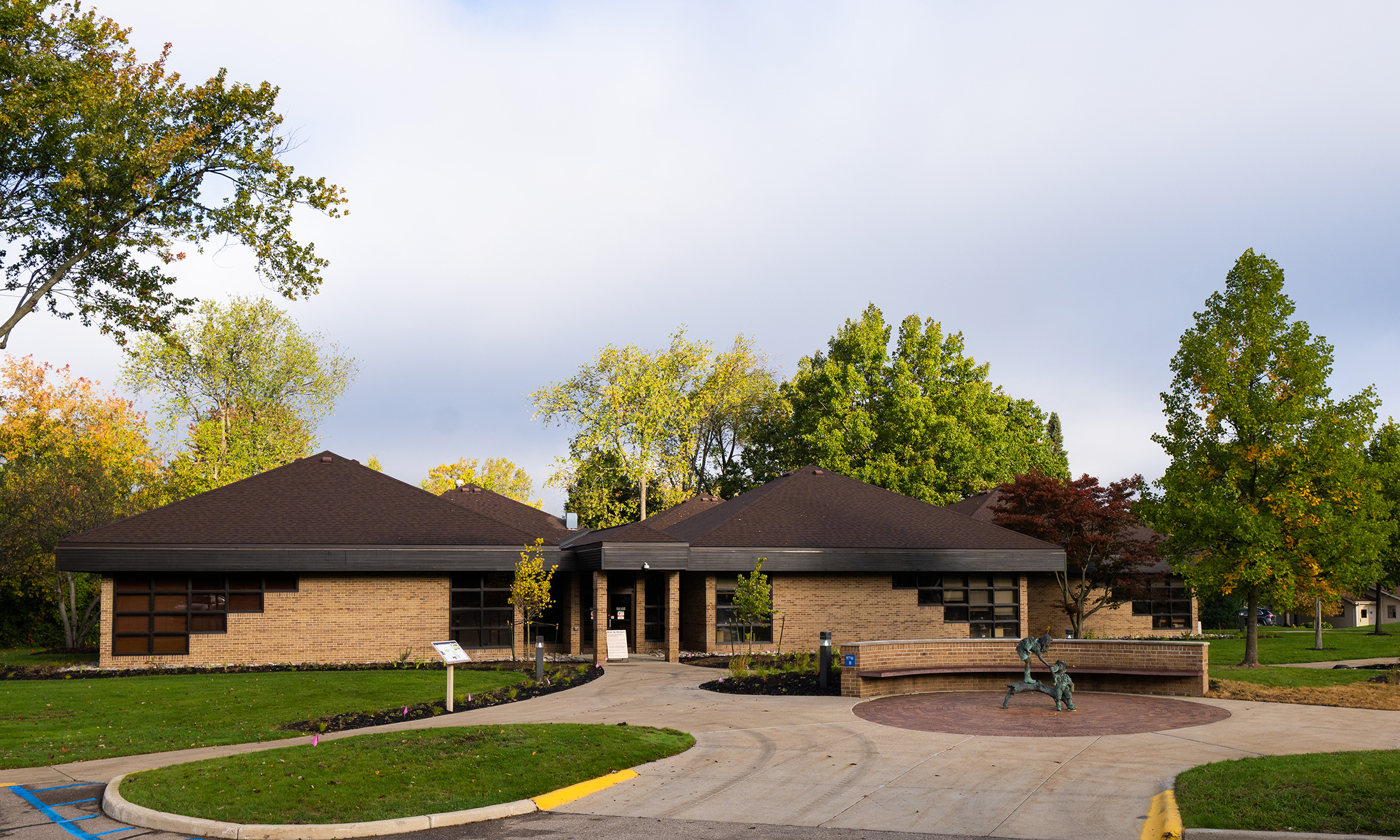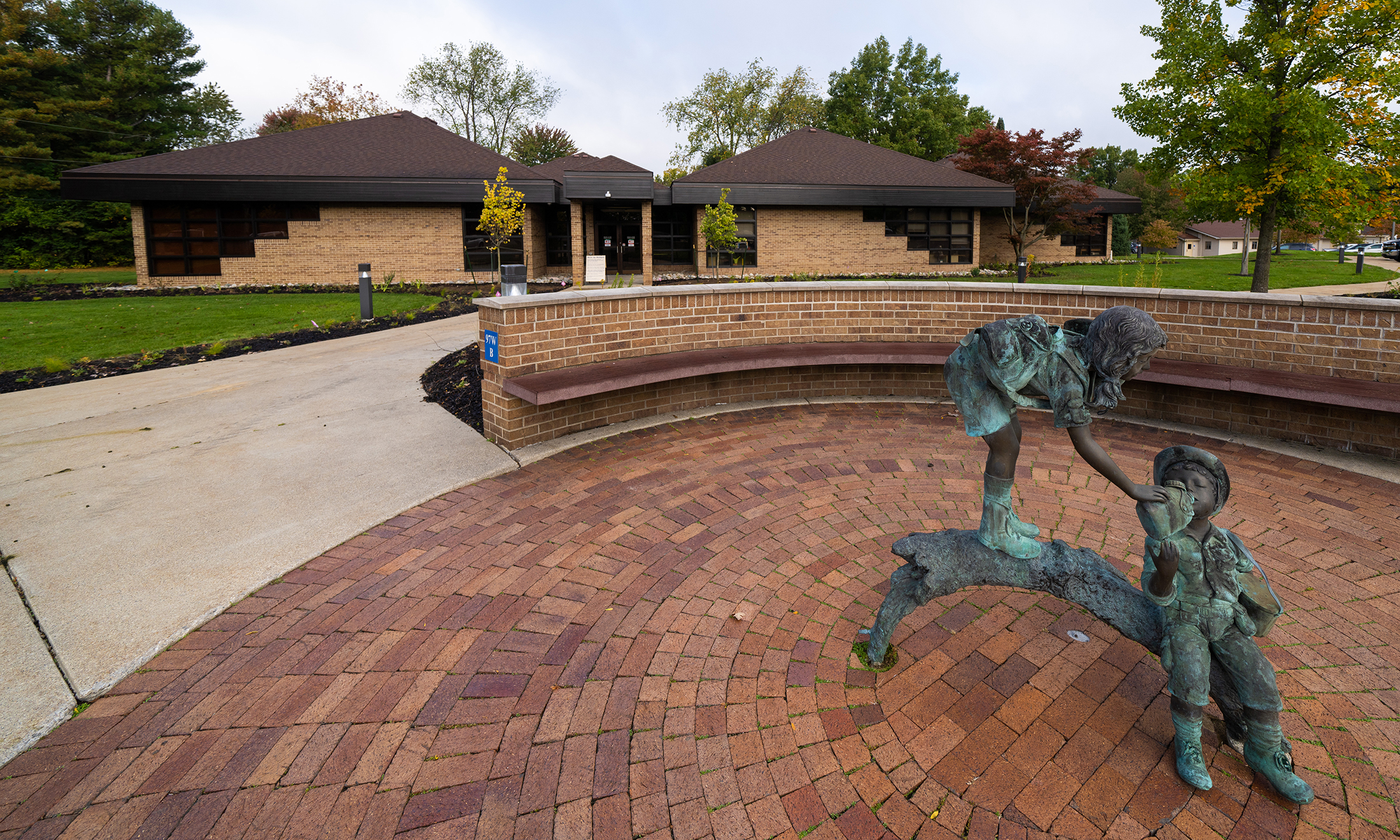- YouTube
- TikTok
Open Spaces Enhanced by Data
Political science provides practical application for research course




In Matthew Fails’ data analysis course, the political science professor proves that quantitative methods are useful for public policy.
“The No. 1 complaint we receive is that students don’t want to learn quantitative methodology because it's a math- and statistics-based course,” says Fails. “Rather than trying to convince them on my own, I decided to try something more hands-on.”
In an effort to show his students the impact of data analysis in real life, Fails partnered with Oakland County Parks and Recreation in a service learning project to examine the results of a community needs assessment survey. The survey would uncover how the parks were meeting departmental goals of accessibility, equity and inclusion and to support the development of its five-year master plan.
While an outside vendor, the ETC Institute, was contracted to collect the data, much of it remained unexamined at the Oakland County Parks and Recreation office due to a lack of staffing hours. This is where Fails’ class came in. Students worked in small groups to look at the data and refine broad survey questions to define more answerable research questions. These questions ranged from demographics to the usage of parks and facilities and the types of facilities residents consider the highest priority for investment of millage dollars. At the end of the semester, students presented their findings to representatives from the county.
Donna Folland, senior planner at Oakland County Parks and Recreation, says the service learning project helped to identify gaps in information and will change how the department asks questions in future surveys. More so, if the data had been analyzed by a consulting firm, the parks would have spent an additional estimated $8,000 to $10,000.
“The survey was the first time that the Parks explored this data on a deeper level in order to identify gaps in service and underserved communities,” Folland says. “The technical aspects of analyzing the data was challenging and the partnership with Oakland University presented an excellent opportunity to meet this challenge.”
Chase Lindenthal, CAS ‘19, took Fails’ class in 2018 and graduated with a degree in political science the following year. “It gave me insight on how folks look at data that is collected and surveyed,” Lindenthal says, adding that he hopes this approach will be mirrored in more classes. “The takeaway is that more teachers should follow suit and find opportunities to take a class like data analysis and turn it into a project that can be useful in a real-world application.”
Discover more about Oakland University’s Department of Political Science.


 November 20, 2020
November 20, 2020 By Kristina Lindberg
By Kristina Lindberg

